Finding creative flow
To call Phil White busy would be an understatement. An Emmy-nominated writer with multiple book projects and stories in the works at all times, Phil is also the co-author of "Unplugged" with Brian Mackenzie and Dr. Andy Galpin, "Game Changer" with Fergus Connolly and Jim Harbaugh, and "Flight Plan" and "Waterman 2.0" with Dr. Kelly Starrett. He also contributes to publications like The Inertia and SUP Magazine. In this blog, he shares how he finds creative flow and stays laser focused with so much on his plate.
Finding creative flow
by Phil White
We live in the Age of Distraction. From our ever-present phones to outsized inboxes to fitness trackers, there’s always one more text to send, a hundred more emails to read and 10,000 more steps to take. Not to mention the eternal time suck that social media can so easily become. When your profession and passion is creating, finding calm focus amidst the clamor is a necessity. Distraction isn’t an option. Finding flow is imperative.
There’s a time for creativity
In their book “Peak Performance,” Brad Stulberg and Steve Magness explore how high achievers are able to cut through the clutter and carve out periods of intensely focused work. “Great performers never just hope they’ll be on top of their game. Rather, they actively create the specific conditions that will elicit their personal best,” they write.
My main takeaway from their ensuing case studies on musicians, athletes, physicians and more was the need to find out what time of day my biology syncs with my creativity, seek out an environment that’s conducive to intentional excellence and then create a daily routine full of positive and repeatable habits. Then take on projects that provide the kind of novelty and complexity that allow me to get into flow, which “Rise of Superman” author Steven Kotler defines as, “The peak performance state where you feel your best and you perform your best."
OK, so let’s start with a confession: I hate mornings. Always have. Why? On one hand, because my brain doesn’t want to do anything remotely creative until around lunchtime. And on the other, because I’m a card-carrying night owl and do most of my best work in the afternoon and evening. For years I felt shamed by the knowledge that many peers were before sunrise and ready to take on the world. But once I started reading more about chronobiology—that is, the meeting point of time and individual biology—I realized that it’s alright to be typing away at 1 a.m. if that’s what works for me. And also that this doesn’t make me any better or worse than people like my “Unplugged” co-authors Brian Mackenzie and Andy Galpin, who are “up and at ‘em” people.
Finding my routine
Once I reconciled my timing issues, I turned to other environmental factors that I could manipulate to get into and stay in a flow state. The first is the kind of food I eat. This starts by ending my daily intermittent fast with a high fat, high protein brunch that typically consists of a three-egg omelette with a few slices of mature cheddar and some leftover veggies like cauliflower or broccoli. I follow this with a combination of two espresso shots and a spoonful of HANAH ONE, which gets my mind right to write.
The second factor is also a biggie—music. I like all different kinds, from Johnny Cash to Lecrae to BT. But it soon became clear that when it comes to writing, lyrics are a no-go. There’s something about the two streams of words—the ones I’m trying to put on the page and the others piping into my ears—that muddies the waters. So I settled on mid-tempo electronic music, and specifically mixes from DJs Max Graham, Andrew Bayer and the Anjunadeep label. Pairing these with RHA T10i headphones helps block out sound-based distractions and get me into a writing groove.
Another daily routine is walking to a coffee shop every day. I’m fortunate to live in a small mountain town and my slow afternoon plodding takes me down the hill at the back of my house, through our small downtown and along one side of a lake with a gratuitous mountain backdrop. There used to be days that I’d think, “I don’t have time for this,” but once I interviewed Steven Kotler for “Unplugged” and found out that he spends a third of each year outdoors and attributes his prolific output to this, it’s now a must to fit in this 30 minute walk.
Once I arrive, I order the same drink—a three shot Americano. When writing my first couple of books I took my caffeine consumption to an extreme but have now dialed it back to a minimum effective dose—on the grounds (pun intended) that heart palpitations are not good. By the time I get to the coffee shop the effects of my morning espresso have worn off. Sipping my coffee while electronic music courses through my headphones gets me to where I need to be to finish books like “Game Changer.” I also switch my mobile phone to silent mode and log out of Gmail on my laptop so that I can fully focus on the task at hand. With so many tech-related rabbit holes surrounding us, the need to set such boundaries is more vital than ever before. So is simplicity. That’s why I order my time around a core principle that I borrowed from CreativeLive founder Chase Jarvis: create every day.

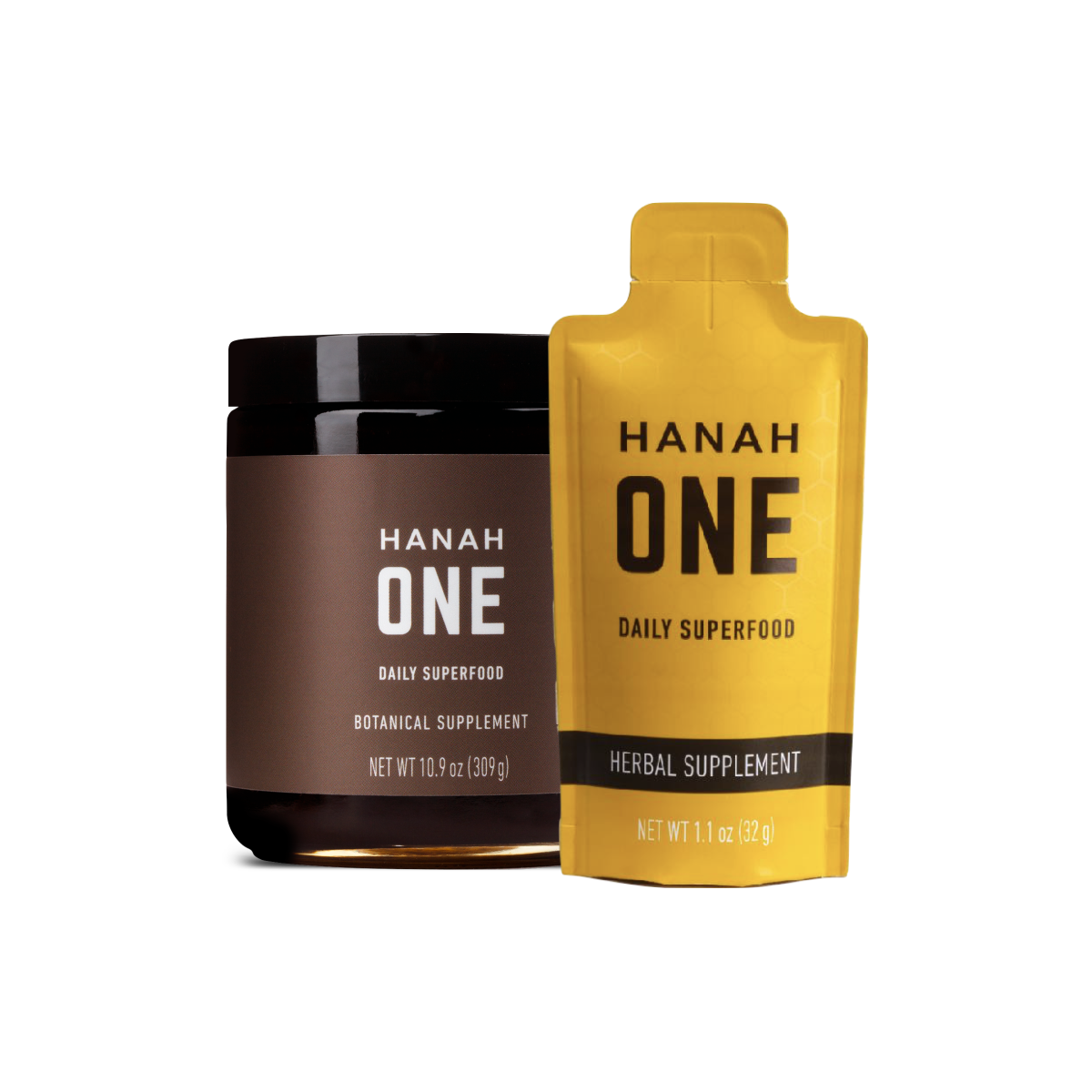
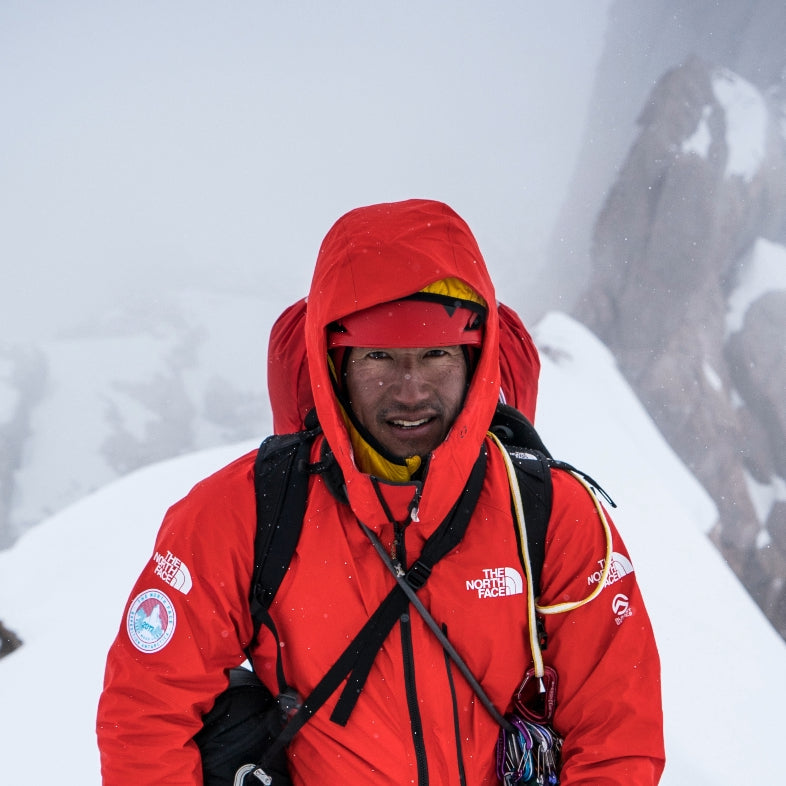
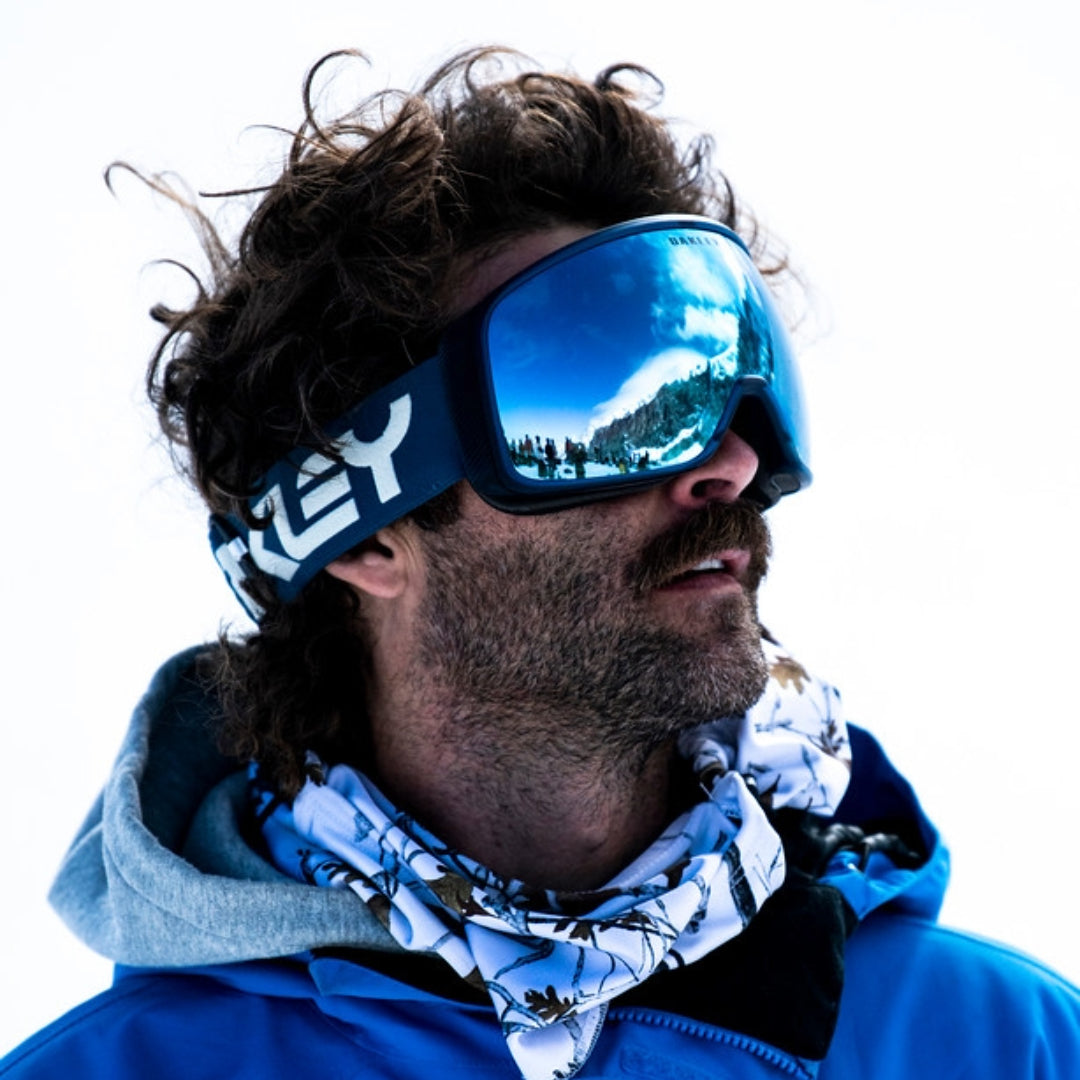
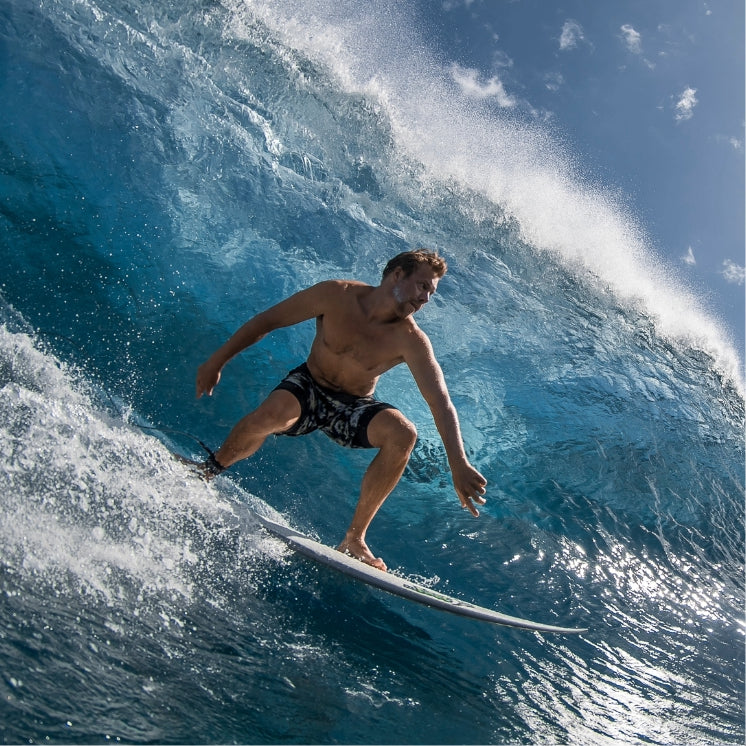
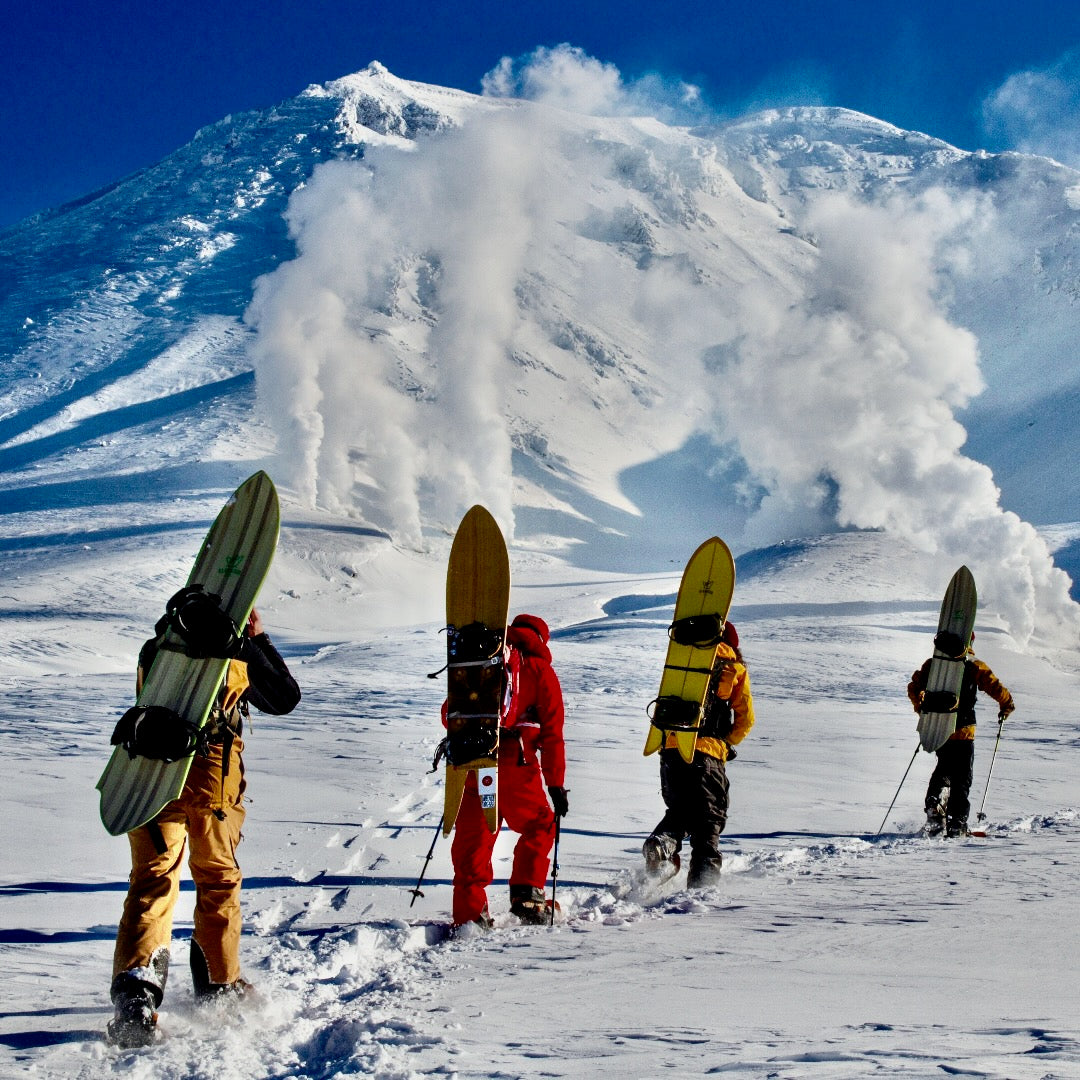
Leave a comment
This site is protected by hCaptcha and the hCaptcha Privacy Policy and Terms of Service apply.